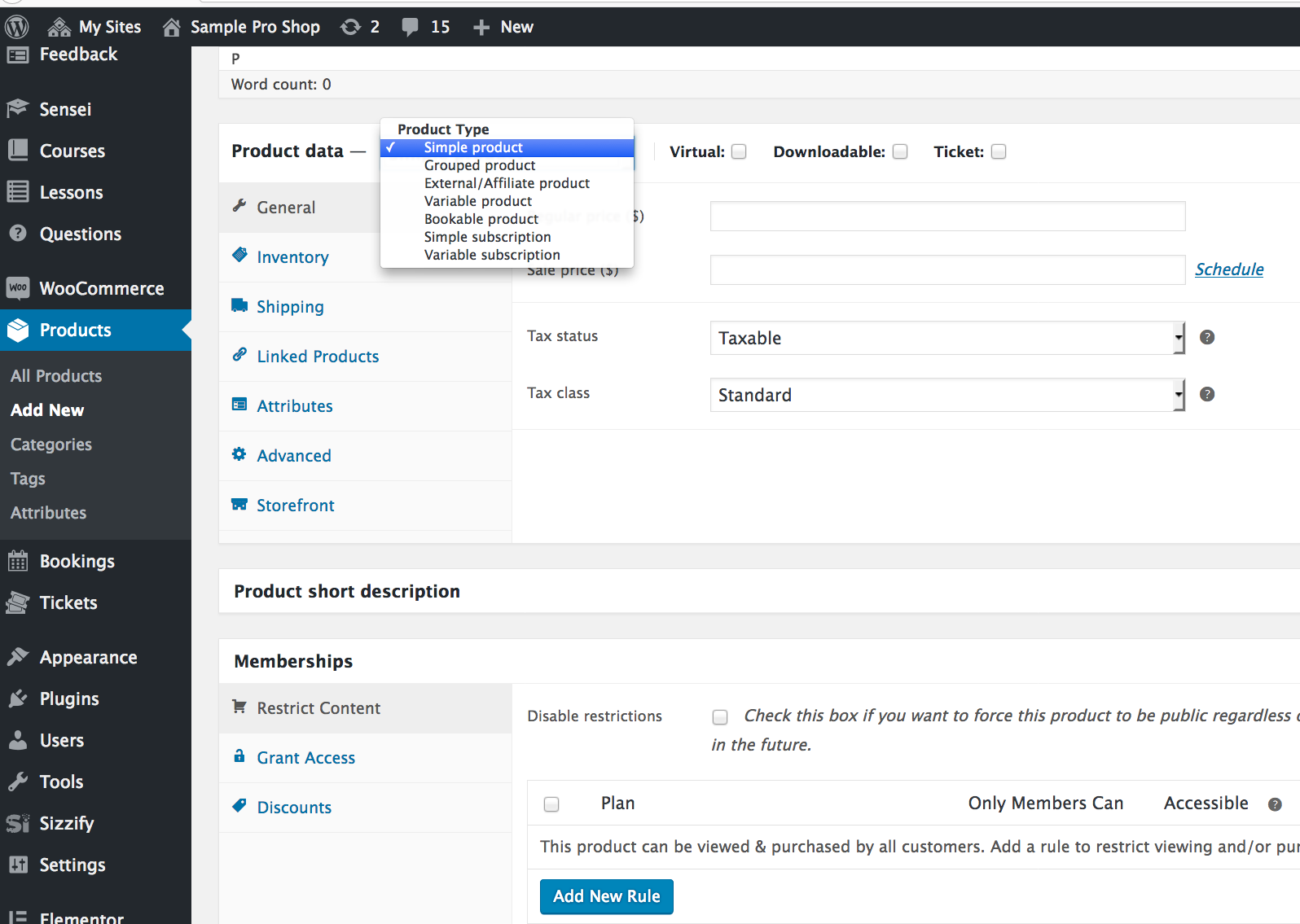
Social Links

Social Links

CMS-LMS integration. How and Why.
Most people are familiar with a CMS (content management system) such as WordPress, Joomla, Drupal, Wix, etc. These are great for building web sites and there are some very effective plugins for extending these into e-commerce and marketing powerhouses. Some people may also be familiar with an LMS (learning management system) such as Blackboard or Moodle – especially if you’ve studied at university.
You can even get LMS plugins for WordPress and other CMSs, which is fine for running a small training or teaching site. However, the gradebook and other specialist functions of a full-blown LMS are indispensible to serious educational institutions. On the other hand, a CMS is much better at e-commerce and marketing functions with a shopping cart that can handle product variations, coupons, and bundling.
The problem is you might need both a CMS and an LMS, but then your clients will need separate accounts and logins – painful and inefficient. Some time ago, a plugin for WordPress appeared called Edwiser Bridge to solve this. More recently, it has become fully integrated with the rapidly expanding Woocommerce plugin and extensions. So, now you can bundle courses with products (eg documents, resources, and merchandise) very easily.
I’ve been testing this recently for a client with very encouraging possibilities for her online training business. It’s an exciting prospect for RTOs and small, even micro, businesses offering online training courses.
Social Media
Queensland Business Group:
https://www.facebook.com/groups/queenslandbusiness/permalink/1948677625184889/